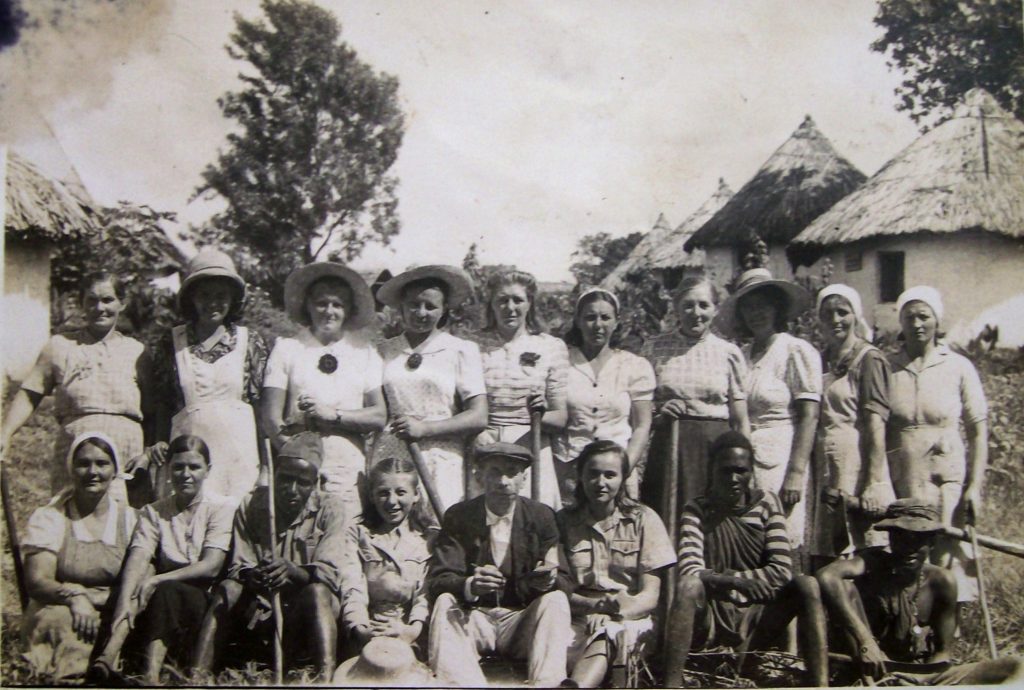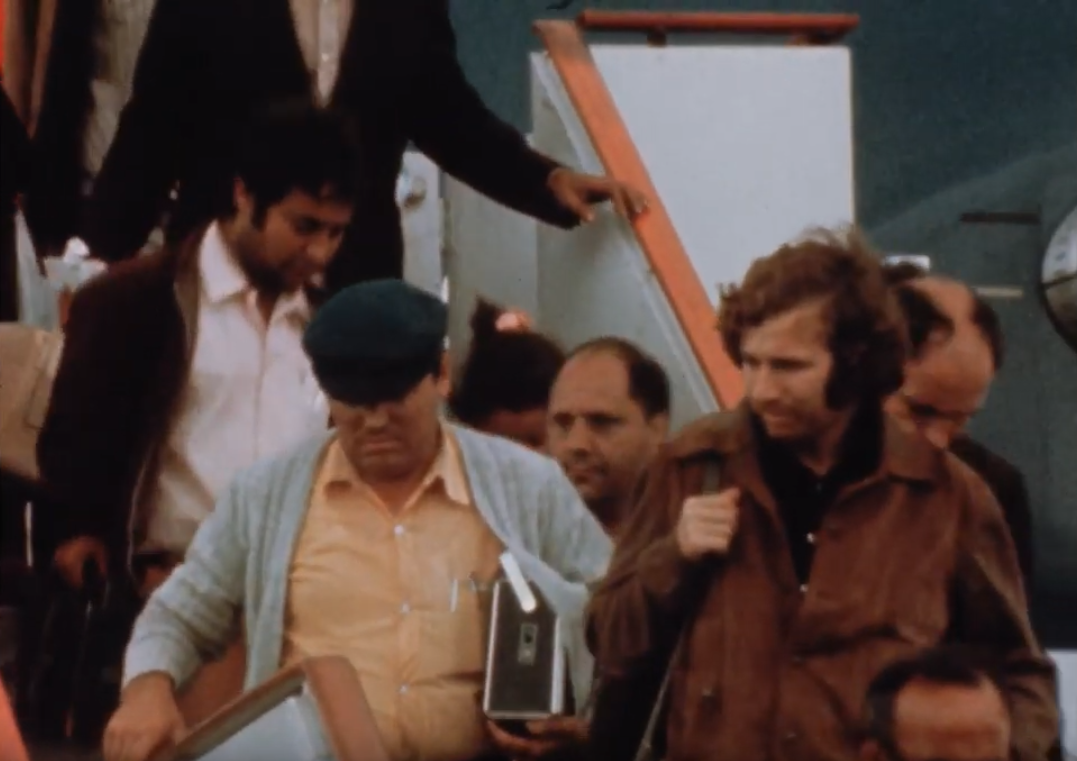African “refugeeness” in the media, policy, and academia is an essentialist physical image conflating material deprivation and multiple victimhoods.
Histories of Refuge
This series are by participants of the <a href="https://www.forum-transregionale-studien.de/veranstaltungen/kalender/details/rethinking-refuge-processes-of-refuge-seeking-in-africa-and-beyond.html">Rethinking Refuge Workshop</a>. Edited by historian Madina Thiam.
Africans' lack of knowledge about our own shared refugee experiences continues to fuel hate and discrimination on the continent.
While World War II was ravaging Europe, thousands of Polish people found a safe haven in British colonial Africa.
White settler returnees to Portugal in 1975, and the history of decolonization, can help us understand the complicated category of refugee.
The dynamics of refuge-seeking in southern Mozambique between 1895 and the 1980s.
After the fall of colonial rule, some whites fled from their African countries of residence and sought refuge in apartheid South Africa.
In the late 1890s and early 1900s, a number of West African Muslims migrated east, settling in Sudan and Mecca, to seek refuge from European colonization.
In 1969, the OAU proposed its own refugee convention to reflect African values. Why did it not become policy across the continent?







